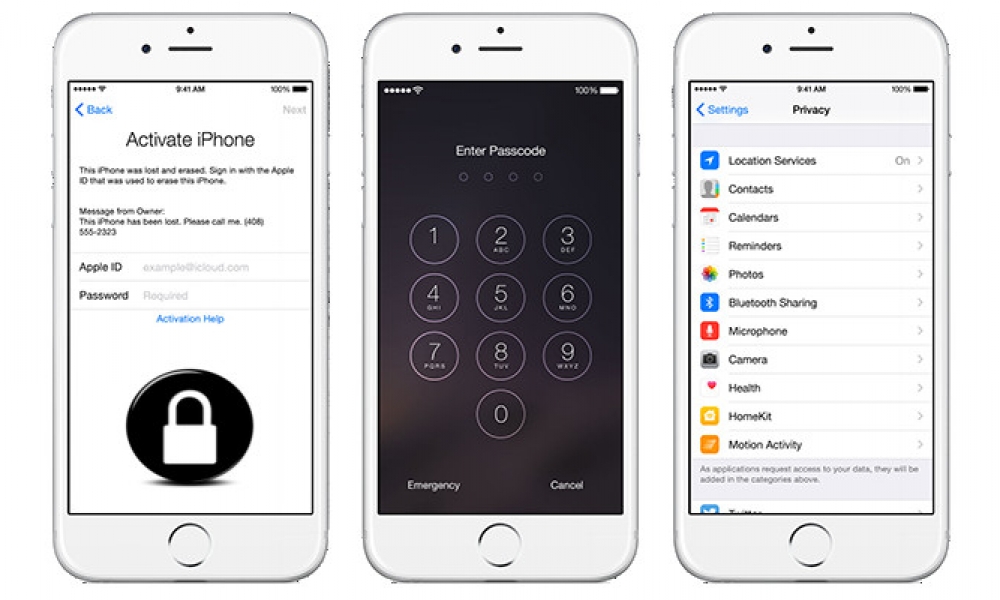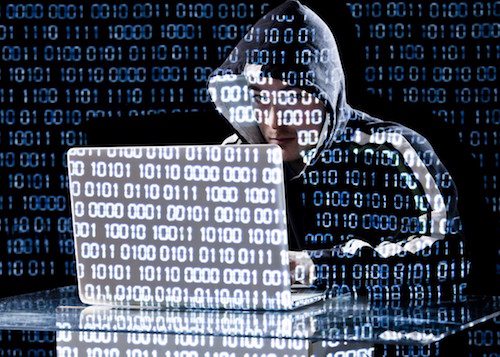Apple and Google Asked by Congress to Help Fight Terrorism

Toggle Dark Mode
After the cowardly attack in Paris and subsequent attacks in other countries afterward, there has been a call to companies like Apple and Google to play a stronger role in assisting law enforcement and intelligence agencies.
Obviously technology plays a role in gathering intelligence and helping to prevent attacks, but many think more can be done.
 A report from the LA Times states that Congress has called for technology companies to give the government access to encrypted files and communications from terror suspects. Senator Charles E. Grassley (R-Iowa) told Politico that. “Technology exists today that allows terrorists and criminals to communicate in the shadows using encryption that makes it impossible for law enforcement or national security authorities to do everything they can to protect Americans.”
A report from the LA Times states that Congress has called for technology companies to give the government access to encrypted files and communications from terror suspects. Senator Charles E. Grassley (R-Iowa) told Politico that. “Technology exists today that allows terrorists and criminals to communicate in the shadows using encryption that makes it impossible for law enforcement or national security authorities to do everything they can to protect Americans.”
Senator Dianne Feinstein (D-California) stated on MSNBC: “Silicon Valley has to take a look at their products, because if you create a product that allows evil monsters to communicate in this way – to behead children, to strike innocents, whether it’s at a game in a stadium, in a small restaurant in Paris, take down an airliner – that’s a big problem.” Both U.S. senators, from both parties, seem to be on the same page on this issue and are using strong language. Sure, there is a political upside for them, but they do seem seriously concerned.
Apple and Google seem to be the focus of the senators, because of the nature of how they encrypt their data. Neither company is able to make the data available for law enforcement.
The L.A. Times claims that after the leaks by Edward Snowden, showing the massive effort of the National Security Agency to monitor nationwide activities, several companies took steps to eliminate the possibility of unencrypting user data. This was an effort to provide comfort to their customers and to curtail “…widespread government surveillance.” The online newspaper suggests that, “…before we try to strike a new balance between the competing interests of public safety and personal privacy (or individual liberty, for that matter), it’s important to know just what the threat is and how best to respond to it.”
While data encryption is an issue in the terrorism debate, the recent attack in Paris does not prove that the culprits hid behind a curtain of “digital noise” that could not be penetrated. Often attackers want to claim responsibility for their attacks, hoping to insight fear and misguided honor. Of course, this makes it easier in some respect for law enforcement agencies as well as intelligence agencies. The L.A. Times suggests that, “Instead of worrying about intercepted data being indecipherable, they should be worrying whether we’re simply not gathering enough data about Islamic State and its tentacles across Europe, Africa, and South Asia, and if so, how to fix that problem.”
According to the L.A. Times article, terrorists are making and developing their own encryption software programs. Google and Apple are unable to do anything about that, even if they were forced to make their devices available to law enforcement, as Apple CEO Tim Cook pointed out, weakening encryption for the bad guys would also weaken it for the good guys.
Terrorism can be scary but sometimes that’s used as an excuse to eliminate freedoms. It’s important to be realistic, and to find a compromise between safety and liberty that doesn’t deviate from the principles of democracy. If companies like Apple can play a role in assisting law enforcement in catching terrorists, then they should do so, but not at the expense of the American people.






